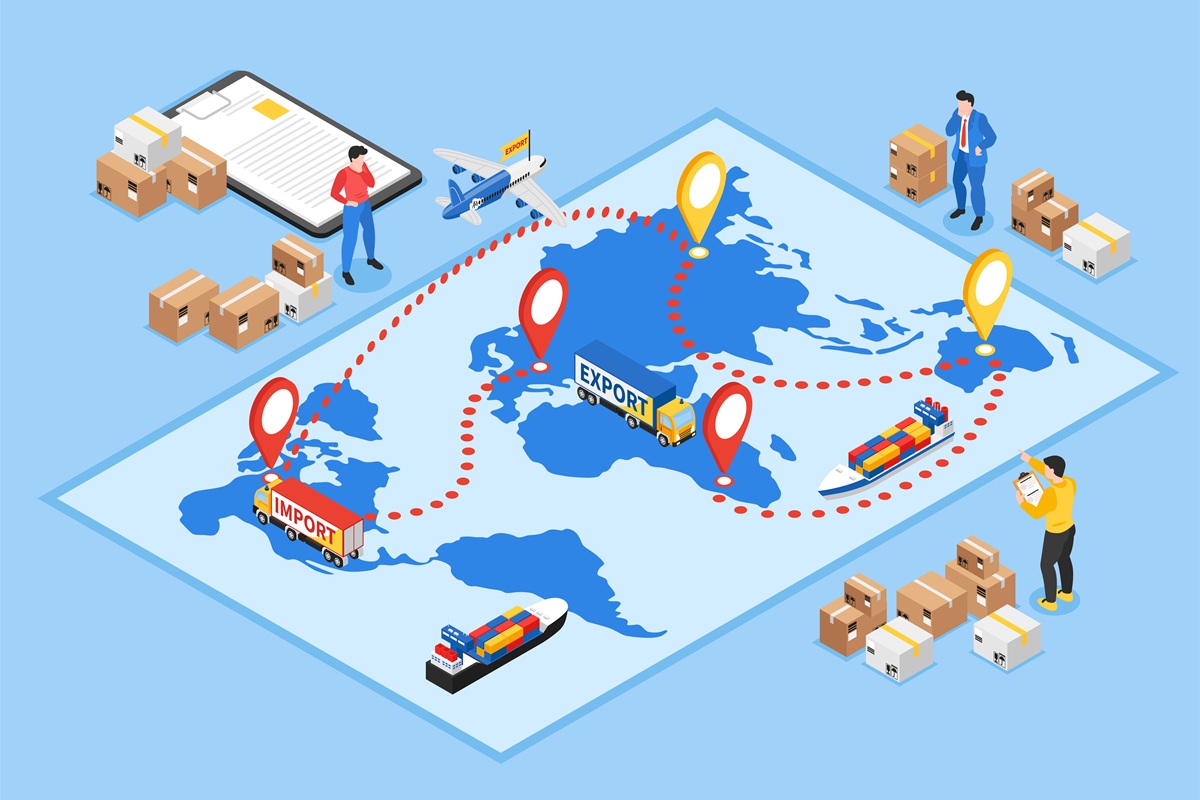Understanding how the wholesale model works is essential for businesses looking to reduce costs, improve supply chain efficiency, and grow sustainably. Whether you’re a retailer, restaurant operator, or food manufacturer, the role of wholesalers impacts how products reach your shelves and customers. In this article, we’ll explore what wholesale really means, how wholesalers operate, how they differ from distributors, and where they fit in the supply chain. We’ll also highlight the benefits of working with trusted suppliers like YCT Singapore.
What Is Wholesale?
Wholesale refers to the sale of goods in large quantities, typically to retailers or other businesses, rather than to end consumers. This model allows businesses to purchase products at lower prices due to bulk buying, enabling them to resell at a profit. According to Merriam-Webster, wholesale is defined as “the sale of commodities in quantity usually for resale (as by a retail merchant)”.
What Does a Wholesaler Do?
Wholesalers act as intermediaries between manufacturers and retailers. Their responsibilities include purchasing products in bulk from producers, maintaining inventory, and distributing goods to retailers or other businesses. They play a crucial role in the supply chain by ensuring products are available where and when needed. As per Indeed, wholesalers are responsible for sourcing products, managing inventory, marketing, and fulfilling orders.
Wholesaler vs Distributor
The terms “wholesaler” and “distributor” are often used interchangeably, but they play different roles in the supply chain. Here’s how they compare:
| Aspect | Wholesaler | Distributor |
| Primary Role | Buys products in bulk from multiple manufacturers and resells them to retailers or other businesses | Acts as an exclusive sales partner for specific manufacturers |
| Exclusivity | No exclusive agreement with manufacturers | Often holds exclusive distribution rights within a region |
| Services Provided | Reselling, bulk inventory handling, logistics, sometimes private labeling | Promotion, marketing, technical support, regional distribution |
| Customer Base | Sells to retailers, restaurants, food businesses | Supplies wholesalers and retailers on behalf of the brand |
In short, wholesalers focus on wide distribution and product accessibility, while distributors are more brand-aligned, offering exclusive or region-specific service.

Where Do Wholesalers Fit in the Supply Chain?
Wholesalers occupy a middle ground between manufacturers and retail-level businesses. Manufacturers focus on producing goods efficiently at scale, while retailers concentrate on selling to consumers. Wholesalers bridge this gap by taking on the responsibilities of inventory storage, logistics, and redistribution.
Wholesalers help streamline operations for both ends by absorbing the inventory in bulk from producers and breaking it down into smaller quantities suitable for sale through supermarkets, restaurants, and online retailers. This creates a win-win situation for manufacturers, who don’t need to handle logistics or retail, and for businesses, who gain access to a broad range of goods from a single supplier.

Benefits of Engaging with Wholesale Suppliers
Partnering with wholesale suppliers can offer a wide range of advantages, regardless of the industry your business operates in. From improving cost-efficiency to expanding your supplier network, wholesale trade is a strategic approach that helps businesses grow sustainably. Here are some key benefits:
1. Lower Purchasing Costs
- Buying in bulk through wholesalers typically comes with lower per-unit prices compared to buying retail. This helps businesses cut down on material expenses, improve margins, and reinvest cost savings into other areas such as marketing or product development.
2. Efficient Inventory Flow
- Wholesalers often maintain diverse product selections and are capable of fulfilling large orders quickly. This reduces the burden of stockpiling goods internally and ensures that high-demand products remain readily available, preventing stockouts and delays.
3. Improved Brand Credibility
- With a reliable wholesale supply, businesses can fulfill orders on time, which contributes to stronger customer loyalty and increased word-of-mouth referrals. Consistently meeting customer expectations builds trust and enhances your brand’s image.
4. Access to Broader Supplier Networks
- Working with wholesalers opens doors to a wider ecosystem of producers, manufacturers, and vendors. This exposure allows businesses to diversify their product offerings and adapt more easily to changing market demands, ultimately supporting business scalability and expansion.
Summary
Understanding the wholesale model and the role of wholesalers can significantly benefit businesses by improving operations and reducing procurement costs. For those in the dried foods industry, such as supermarkets, restaurant chains, and food manufacturers, partnering with a specialised supplier like YCT Singapore ensures access to a wide variety of premium dried goods, including dried seafood, mushrooms, spices, and more. With food safety certifications and years of experience in bulk supply, YCT Singapore is well-equipped to support your business with efficiency, reliability, and tailored supply solutions.
